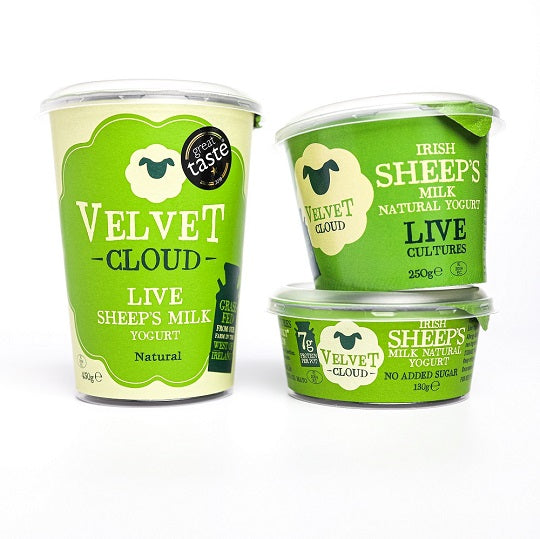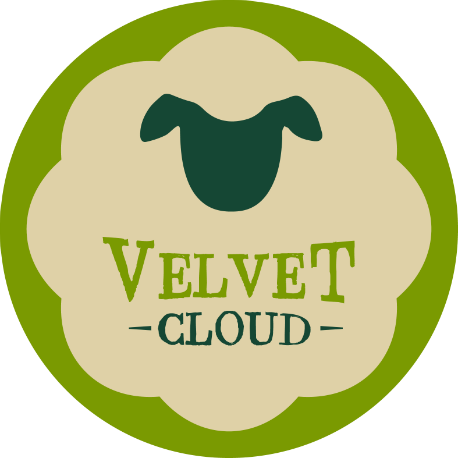Can a dairy free diet include goat’s milk or sheep's milk?
You meet people who say, I am on a dairy free diet but can take sheep's milk cheese or goats milk cheese. But aren't they dairy products too?
Yes both sheep's milk and goat milk products are also dairy but a different type of dairy
A1 milk has A1 type of protein (casein) and A2 milk has A2 type of protein (casein). This is important because the way the milk is broken down and metabolised in the system is different.
Which mammals produce A1 or A2 or a combination of both depends on the genetics of the particular breed. Humans, sheep, goats and buffalo produce A2 milk, for example. Cattle produce A1 or A2, depending on their genetic makeup. Milk from many of the common breeds of dairy cattle is a mixture of A1 and A2 proteins.
So What About The Protein In Sheep's Milk?

Sheep’s milk and goats milk contains much less or no A1 beta-casein; instead, it mostly contains the more easily digestible A2 beta-casein, which is a big part of the reason some people say its healthier.
A1 milk consumption has been associated with enhanced inflammatory markers. It has also been reported to have an opioid-like response that can lead to manifestations of clinical symptoms of neurological disorders such as autism spectrum disorder. On the other hand, A2 milk consumption has been associated with beneficial effects and is easier to digest in sensitive individuals. But further research is warranted to investigate the short- and long-term effects of consumption of A1 β-casein in comparison with milk with A2 β-casein proteins. (https://academic.oup.com/jn/article-abstract/151/5/1061/6165053)
A1 milk may lead to increased inflamation, type 1 diabetes, heart disease, autism, gastronintestinal discomfort
Several studies have reported that cow’s milk with a dominant or singular A2- milk may be healthier than A1 -milk. These studies are based on digestion of A1 milk which lead to release β -casomorphin- 7 (BCM-7). Subsequently increase inflammation, Type 1 diabetes, heart disease, autism, gastronintesinal discomfort and other diseases in consumers. (Effects of milk containing only A2 beta casein versus milk containing both A1 and A2 beta casein proteins on gastrointestinal physiology, symptoms of discomfort, and cognitive behavior of people with self-reported intolerance to traditional cows milk. ) Sun Jianqin; Xu Leiming; Lu, Xia; Yelland, Gregory W; Ni, Jiayi; et al. Nutrition Journal; London Vol. 15, (2016): n/a. DOI:10.1186/s12937-016-0147-z)
The difference between A1 protein and A2 protein
The difference between A1 milk protein and A2 milk protein is only a single amino acid deviation of beta casein. In the course of development, the A1- milk mutation has occurred at some point, because the A2 -milk is considered the more natural form. (http://www.xpublication.com/index.php/jfet/article/view/373/232)
Before deciding you need a dairy free diet, you should always consult a health professional. But if you simply want to avoid A1- milk you can still have a dairy based diet and consume sheep’s milk products.
Other Sources:
Systematic Review of the Gastrointestinal Effects of A1 Compared with A2 β-Casein
Do non-bovine domestic animals produce A2 milk?: (Oliveira LSM, Alves JS, Bastos MS, Costa RB, de Camargo GMF. Do non-bovine domestic animals produce A2 milk?: an <italic>in silico</italic> analysis. Animal Biotechnology. June 2021:1-3. doi:10.1080/10495398.2021.1935982)
Immune reactivity against a variety of mammalian milks and plant-based milk substitutes (Aristo Vojdani, Chris Turnpaugh, Elroy Vojdani) ( https://pubmed.ncbi.nlm.nih.gov/30156521/)




